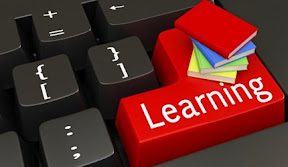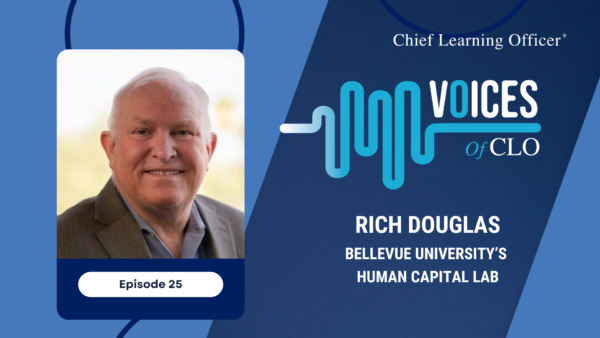Work life was much simpler in the last century. Information work entailed following instructions, logical analysis and left-brained procedures. Today’s concept work is largely based on improvisation. Learning leaders must deal with situations that aren’t in any rule book. Concept work relies on pattern recognition, tacit knowledge and the wisdom born of experience. You can’t pick this up in a workshop.
The workplace has changed, and business has become unpredictable. Results are asymmetric. Everyone’s connected. Value has migrated to intangibles. Organizations are becoming organic. Talented individuals choose where to work. Power is shifting from suppliers to customers. Learning and work are converging, and time has sped up.
The 21st century workplace is so different from its predecessor that managers and professionals must follow new practices to succeed. I’m consumed with identifying and documenting those practices.
My research methods — my personal knowledge management system, if you will — are also different from yesteryear’s. I’m pulling information from a vast array of disciplines. The more diverse the sources, the better, because the freshest ideas often pop up from outside one’s comfort zones. There’s too much information to choose from. Former Google CEO Eric Schmidt said, “Every two days we create as much information as we did from the dawn of civilization up until 2003.” You have to develop an approach to make sense of this sea of knowledge.
Let’s engage in a little over-the-shoulder learning. To begin I’ll describe what I am doing around 21st century leadership. I usually begin with an open-ended inquiry. I liken this to dipping my ladle into an immense river of knowledge that’s flowing by. If I miss something, it’s not a big deal; important stuff comes by more than once. I extract general pointers and patterns from tributaries such as:
• Twitter: where I receive tips from a few hundred people I respect and follow.
• Working Smarter Daily: workingsmarterdaily.com, an aggregator that displays what’s hot in my field.
• Skype Chat for instant messaging and discussion with my peers at Internet Time Alliance.
• Google+: where I plunder knowledge from several hundred diverse peers.
• Email subscriptions to research services and blogs I don’t want to miss.
• Blogs via Google Reader for sifting through RSS feeds or suggestions from friends.
• Print magazines: Forbes, Fortune and Wired are great reading during down time.
When I’m researching a specific topic, I turn to other sources to pinpoint what I’m looking for:
• Searches on Google, Wikipedia, TED talks, YouTube and my friends’ knowledge.
• My personal research page.
• My personal archives, which have grown to thousands of entries.
The next phase is processing what I’ve found. What happens is refinement, hypothesis-testing, looking for patterns, mapping, conversation and reflecting on ideas and images that are emerging. I generally do my best synthesis while asleep. I plant an idea or just have concepts floating around in my head; overnight the boys in the back room come up with a new way of looking at things. Among the streams that feed this phase of sense-making are:
• Social networks: primarily private networks such as Socialcast, Google Groups or Jive.
• Internet Time Blog: internettime.com, where ideas turn into posts.
• Mind maps, online and on paper, are always a great way to find connections.
• Journals, again online and on paper, are a vital tool for reflection.
Eventually, I turn from pulling ideas in to pushing them out. I share my take on things in conversations, both in person and in social networks. I post definitive thoughts to my learn stream. That generates feedback that enables me to improve things. It’s a virtuous circle.
For me, this cycle of pull-reflect-push is my contribution to the knowledge commons that is the Web. I believe in karma. I give to the Web and the Web gives back. I always receive more than I give. In an organization, I think this process of seeking out and sharing meaning is a responsibility of enlightened social citizenship, and it’s certainly the purview of the learning leader.
Jay Cross is CEO of Internet Time Group and a thought leader in informal learning and organizational performance. He can be reached at editor@CLOmedia.com.
















